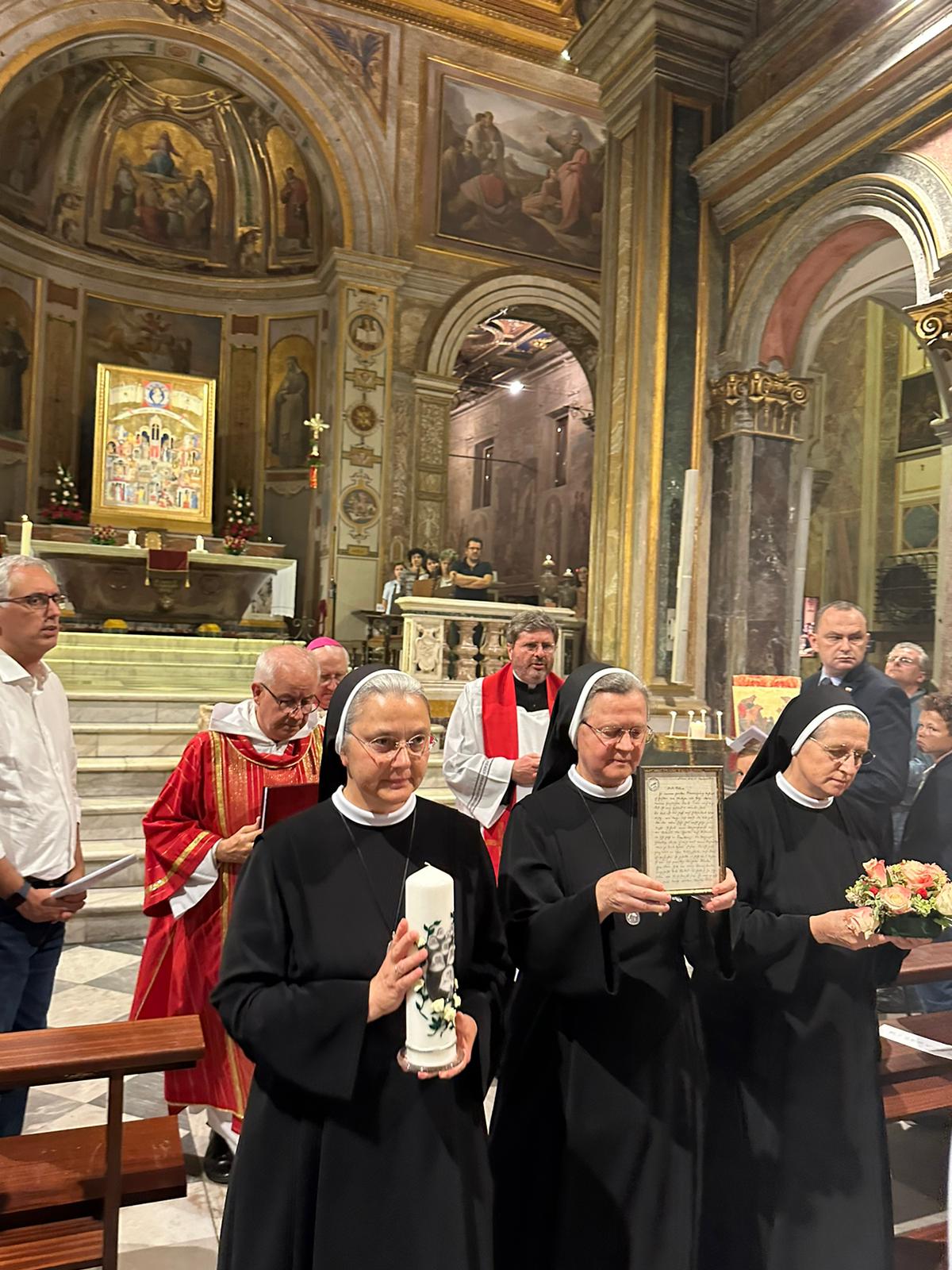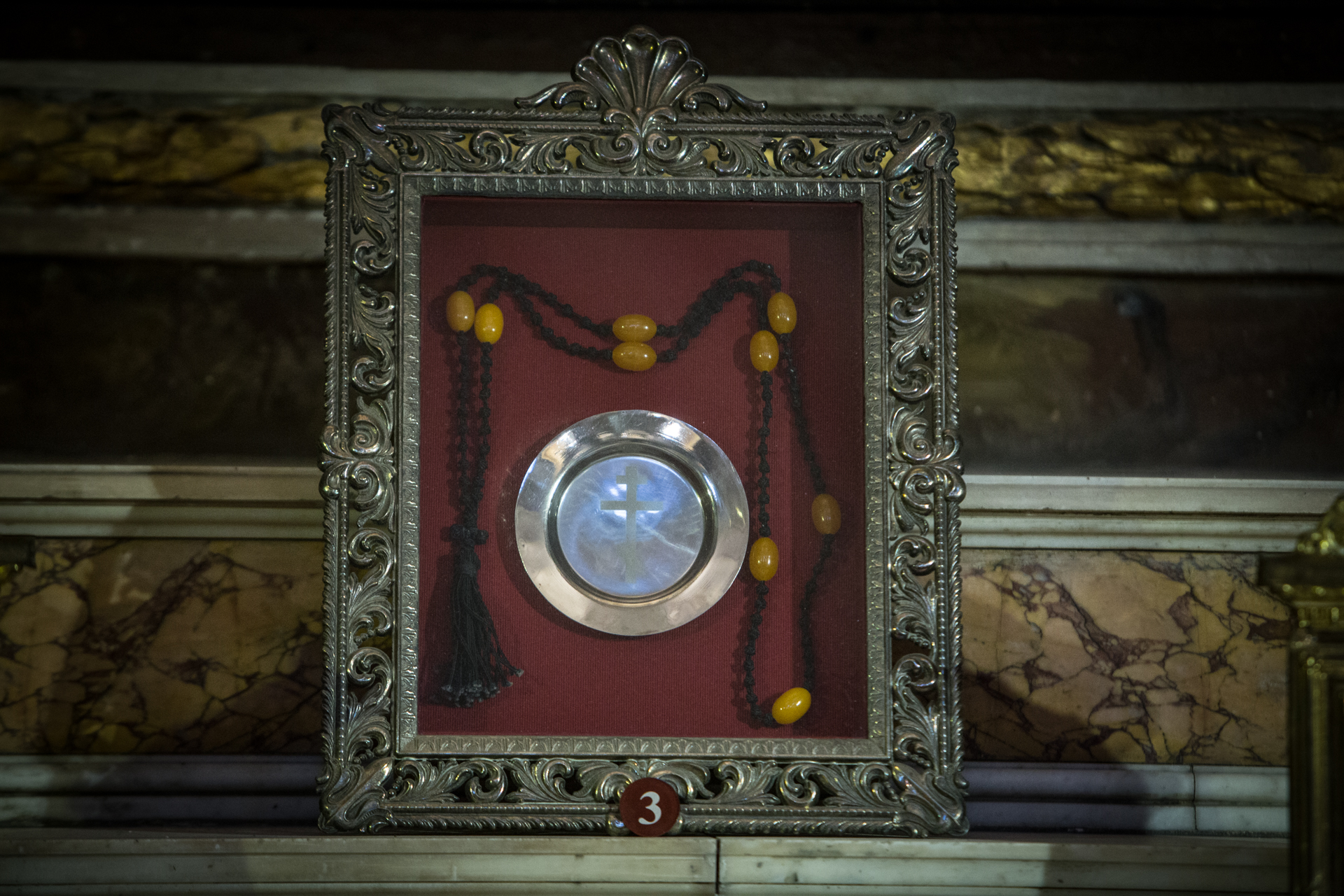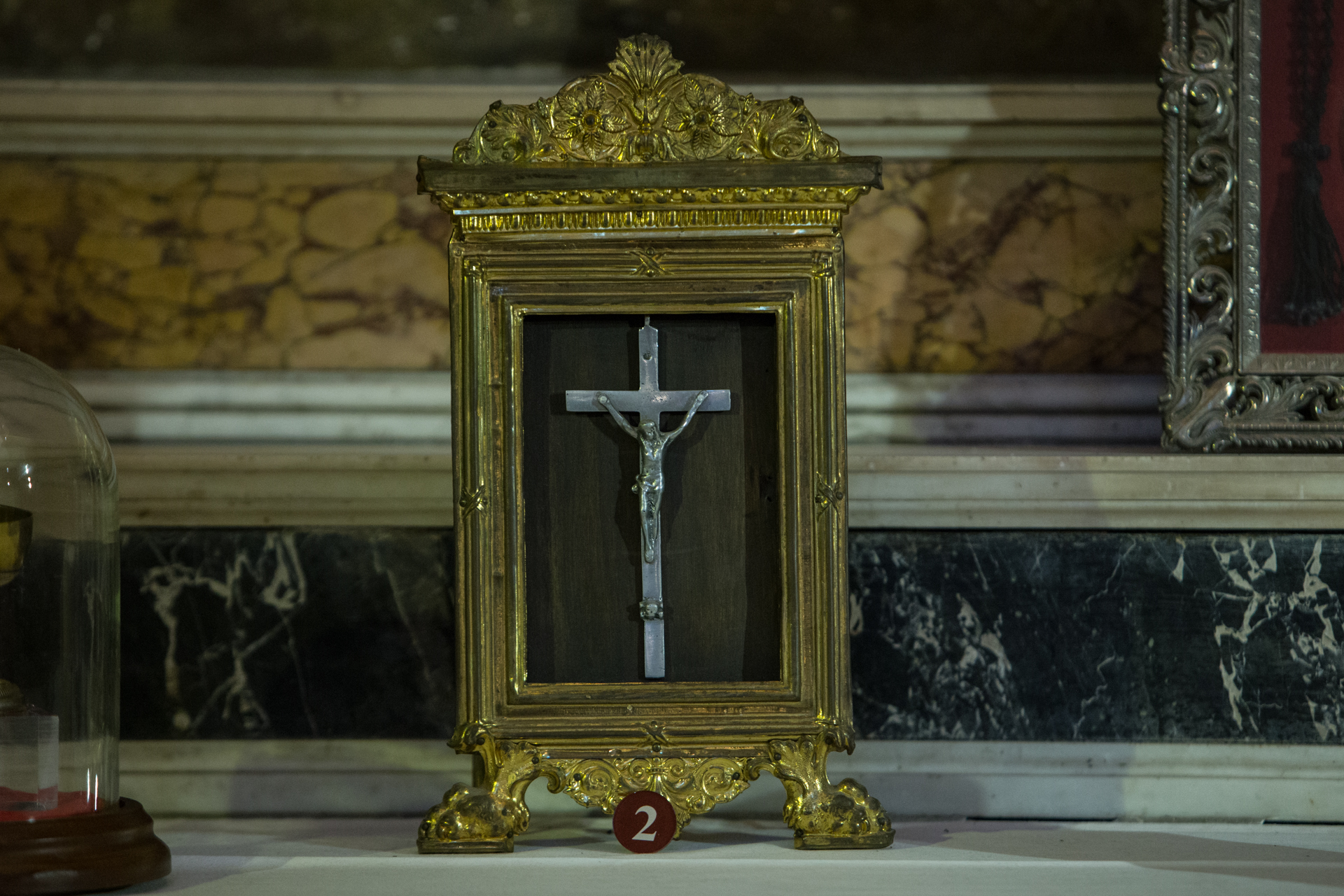On the morning of 9 September 1990, while waiting for the train that was to take him to his parish to celebrate the liturgy, Father Men’ was killed with an axe by an unknown person. At the site of his death, near the village of Semkhoz where he lived, on the way to the monastery of St. Sergius, a chapel was built and became a place of pilgrimage.
Aleksandr Men’ was born in Moscow on 22 January 1935 into a family of Jewish tradition. His mother, who had been pondering the decision to become a Christian for some time, decided to be baptised together with her son, who was only a few months old, in a small Orthodox church not far from the Monastery of Saint Sergius in Zagorsk, which was then closed due to the harsh repressive policy of the Soviet regime.
After the war, still an adolescent, he asked to enter the seminary, but was not accepted because he was underage. He began his education alone, studying the great Orthodox thinkers whose books, banned by the State, he managed to buy clandestinely.
After completing his studies at the Institute of Biology, he married a university classmate in 1956. In 1958 he became a deacon, in 1960 he received priestly ordination. In 1970 he became parish priest of the church in Novaja Derevnja, about an hour from Moscow, where he remained until his death. His pastoral activity was very intense, despite repeated threats from the Soviet secret services and the enormous difficulties in communicating the Gospel in those years.
The church of Novaja Derevnja soon became a centre of spirituality and catechesis for a large family of Father Men”s spiritual children, mainly composed of young intellectuals in search of the faith, many of whom were of Jewish origin. Father Men’ was to be the author of numerous catechetical books and commentaries on the Scriptures, which were to know, with the beginnings of perestroika, a strong diffusion in the Moscow world and beyond.
From the mid-1980s, with the liberalisation of religious life, Father Men”s activities multiplied: his speeches on public occasions, radio broadcasts, publications, would make him one of the most famous and listened to Orthodox Christians in Russia. The number of his spiritual children grows.
They number several thousand in Moscow alone: they meet to pray, reflect and study Scripture and engage with the poorest, especially sick children in hospitals. An Orthodox University founded by him is inaugurated and his book ‘Son of Man’ becomes a fundamental text for thousands of people approaching Christianity. His ‘popularity’ grows along with the number of those who oppose his preaching.
On the morning of 9 September 1990, while waiting for the train that was to take him to his parish to celebrate the liturgy, Father Men’ was killed with an axe by an unknown person. At the site of his death, near the village of Semkhoz where he lived, on the way to the monastery of St. Sergius, a chapel was built and became a place of pilgrimage.



